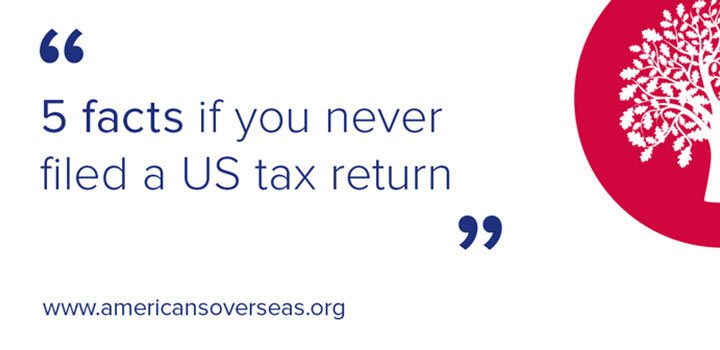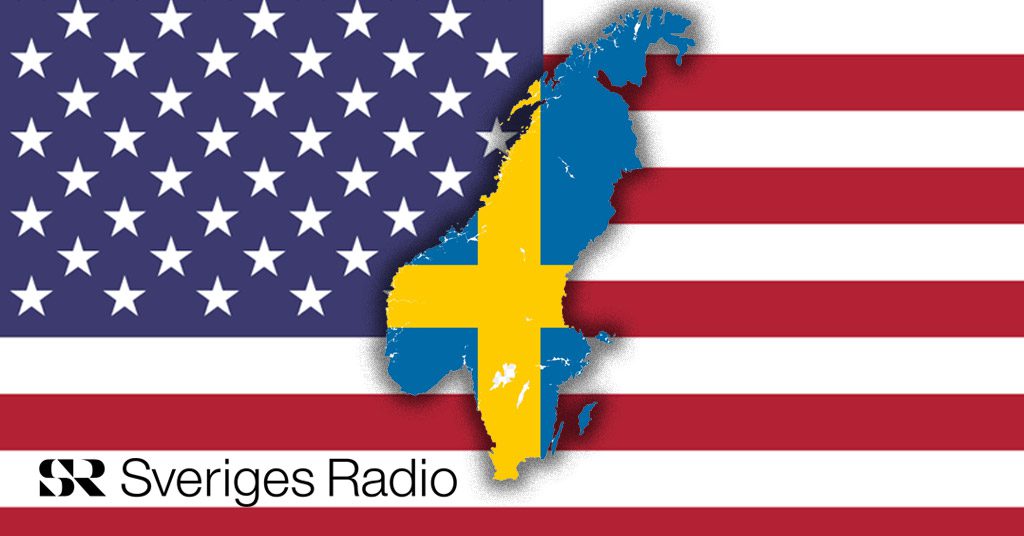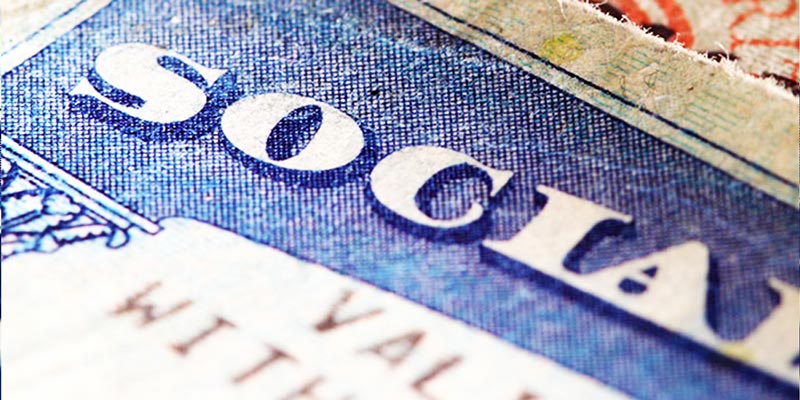
Sverige Radio: Swedish Americans worried about American FATCA law

Swedish Americans could lose their bank accounts because of an American tax law, Sverige Radio reports.
A US tax law, the Foreign Account Tax Compliance Act (FATCA), was adopted in the US as early as 2010. The idea was that the US would stop tax evasion and money laundering for US citizens abroad. The law has caused concern and problems for Swedish Americans living in Sweden.
FATCA requires all non-U.S. foreign financial institutions to search their records for U.S. citizens and permanent residents and report them to the IRS.
Swedish Americans are at risk of losing their bank accounts, specifically Swedish citizens who also have American nationality. Sometimes they themselves don’t even know they are dual citizens as a result of, say, their parents being American or the fact that they were born in the United States.
Swedish Americans worried
Many Swedish Americans are worried. FATCA requires all non-U.S. foreign financial institutions to search their records for U.S. citizens and permanent residents and report them to the IRS.
Swedish bank account holders with an American background must submit their SSN to their bank this year. If they do not, banks will block bank accounts and services.
To come into compliance with U.S. tax laws, Swedish Americans have to deal with complex aspects of U.S. bureaucracy — acquiring a Social Security number (SSN) as a nonresident, for example.
Ulrika Hansson, lawyer at the Swedish Banking Association, believes that the legislation is problematic. The Swedish Banking Association is trying to get the United States to make exceptions so that Swedish Americans are not expelled from their bank.
Hansson: “We do what we can to solve the problem of “Accidental Americans”. It is a huge problem throughout Europe and we hope that the Americans listen to us.”
Listen to the broadcast of Sverige Radio
Help for Swedish Americans: Americans Overseas
We, the founders of Americans Overseas, were born in the Netherlands and obtained our American nationality through our (American) mother.
When we heard about the US tax system for the first time around 2013, we were in total disbelief (it can’t be true!), anger (how can they do this?), fear (am I going to get fined or pick up other problems?), and panic (what should I do?). It is (unfortunately) true that there is an additional American tax levy.
But there’s no information from the local government, and when approached, the consulate referred us to the IRS, and the IRS was impenetrable.
That’s why we started this initiative to help people from all over the world by providing proper information about the US tax system to avoid unnecessary panic and offering help free of obligation and free of charge. If needed, we have a network of affordable professionals (accountants) who can help you with your tax obligations.
Are you a Swedish American? If you have more questions about FATCA and the American tax system you can contact us at Americans Overseas.
Contact us for more information
Source: Sverige Radio
Frequently asked questions
Understanding the US tax system, the obligations, and all the additional terms can be difficult. Especially if one lives outside of America. Is your question not answered? Contact us.
-
Who is required to file taxes in the US?
U.S. citizens and resident aliens who live abroad are generally required to file a federal income tax return and pay taxes on their worldwide income.
Read more... about Who is required to file taxes in the US? -
Do US citizens living abroad still have to file taxes in the US?
Yes, US citizens are required to file taxes on their worldwide income, regardless of where they are living.
Read more... about Do US citizens living abroad still have to file taxes in the US? -
How can I cash my US check?
Received an American check? You can cash your check in the following ways: cash the check at your own bank, transfer to another person (endorsement), cash checks using an online service or cash the check by another bank.
Read more... about How can I cash my US check? -
Are there any special tax forms required for US citizens living abroad?
US citizens living abroad may be required to file Form 2555 and/or Form 1116 to claim the foreign-earned income exclusion.
Read more... about Are there any special tax forms required for US citizens living abroad? -
What is FBAR filing?
FBAR (Foreign Bank Account Report) filing is the requirement for certain U.S. individuals and entities to report their foreign financial accounts to the Financial Crimes Enforcement Network (FinCEN) of the U.S. Department of Treasury. The FBAR filing requirement applies to U.S. persons who have a financial interest in, or signature authority over, one or more foreign financial accounts if the aggregate value of those accounts exceeds $10,000 at any time during the calendar year.
Read more... about What is FBAR filing?






